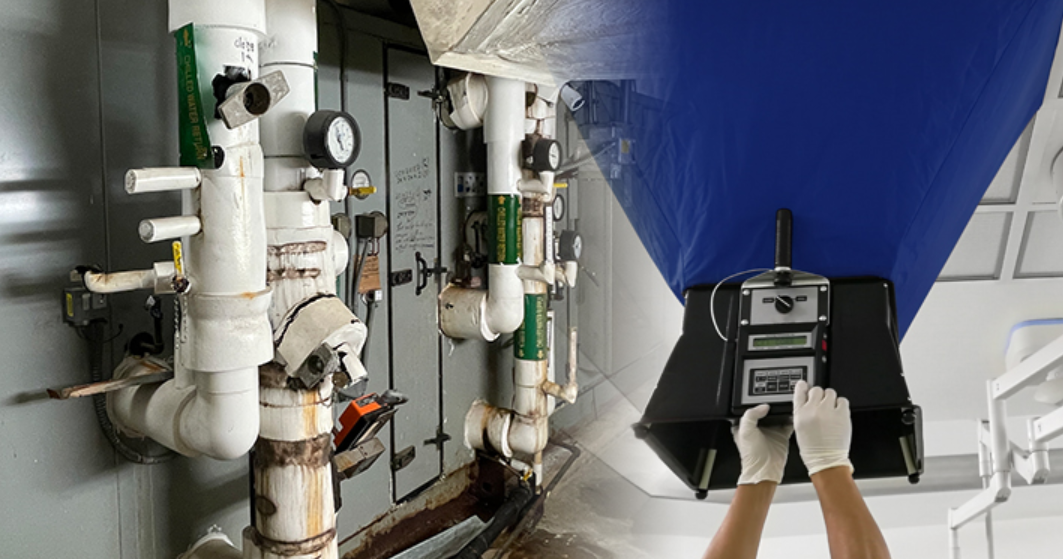How HVAC Affects Air Pressure in Buildings

How HVAC affects air pressure in buildings is determined by a few factors. It’s especially important to consider the impacts of both balanced and degraded HVAC systems.
The HVAC system is designed to keep a building comfortable by regulating the temperature, humidity, and air quality inside. One important aspect of HVAC systems is air pressure. Air pressure is the force that air exerts on a surface, and it’s an important factor in determining how air moves through a building. Let’s look at how HVAC affects air pressure in buildings.
The Balanced HVAC System
When an HVAC system is working properly, it creates a slight positive pressure inside the building. This means that there is slightly more air being pumped into the building than is being exhausted out of the building. This is important for a few reasons. First, it helps to keep the building clean by preventing dirt, dust, and other particles from being sucked in through cracks and gaps in the building envelope. Second, it helps to control the temperature and humidity inside the building by preventing outside air from coming in and interfering with the HVAC system’s efforts to regulate the indoor environment.
The Poorly Maintained HVAC System
On the other hand, when an HVAC system is not working properly, it can create negative pressure inside the building. This means that there is more air being exhausted from the building than is being pumped in. This can cause a few problems. First, it can make it difficult to regulate the temperature and humidity inside the building because outside air is constantly being drawn in. Second, it can create a vacuum effect that can suck in outside air through cracks and gaps in the building envelope. This can lead to drafts, which can be uncomfortable for occupants, and can also increase energy costs by making the HVAC system work harder than it needs to.
The Building Envelope Relationship
Leaks in the building envelope can also impact HVAC performance. If there are leaks in the building envelope, air can enter and exit the building in ways that are not controlled by the HVAC system. This can lead to negative pressure inside the building, which can cause the problems I described earlier. Additionally, leaks can reduce the efficiency of the HVAC system by allowing conditioned air to escape, which can lead to higher energy costs.
Understanding How HVAC Affects Air Pressure in Buildings
The key to bringing the HVAC and building envelope into balance is understanding their relationship to each other. This understanding is made possible by assessing the current state of both the mechanical system and the building envelope itself. Testing these areas provides critical data for corrective action. Typically, this involves HVAC cleaning and upgrades. It will also include making sure that the building envelope has all leaks and penetrations properly sealed. Then, test and balance commissioning can be performed to ensure the correct pressurization.
